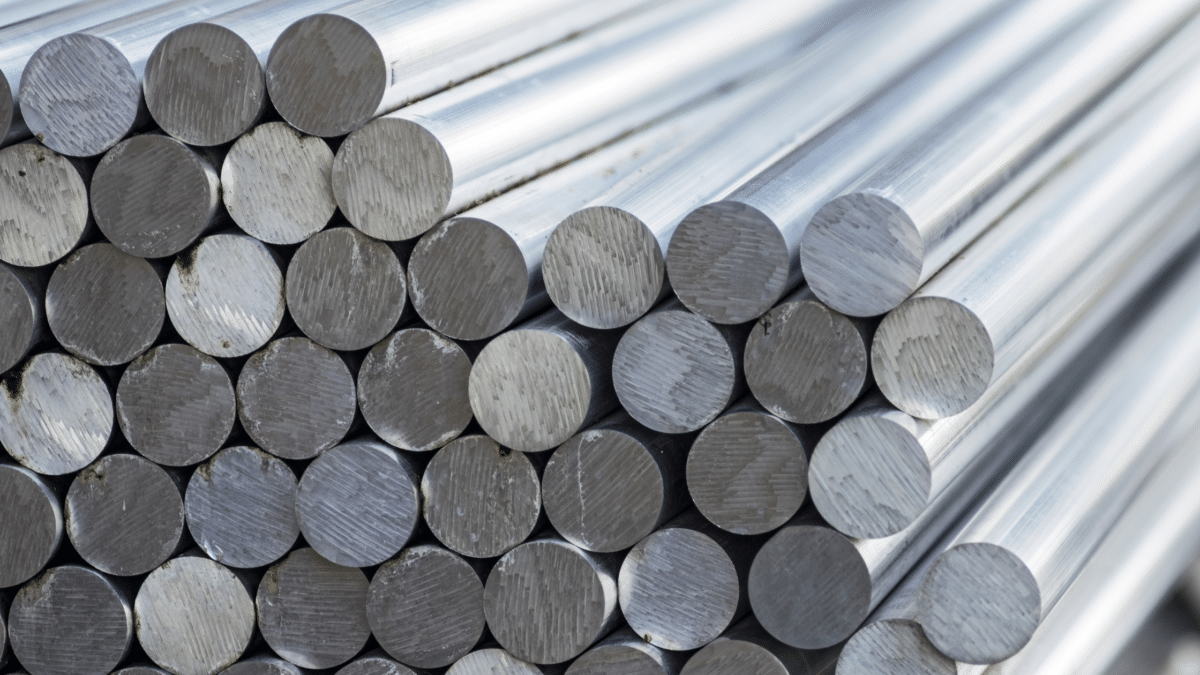Aluminum vs Steel: Which is Better for Your Project?
The steel vs aluminum debate is ongoing. If you’re getting ready to kick off a construction project, there are pros and cons to using either of these metals. To help you determine which metal you should select in the aluminum vs steel debate, we’ve put together a list of five factors to consider.
1. Corrosion Resistance
A metal’s corrosion resistance refers to its ability to withstand the elements and other conditions without changing.
Generally, aluminum offers better corrosion resistance than steel. There are several reasons why.
First, aluminum oxidizes in the same way iron rusts. However, when this happens, aluminum oxide remains on the metal. This helps protect aluminum against corrosion. It also means you won’t have to add paint or another coating to shield your aluminum from rusting.
Meanwhile, after you spin carbon steel, you may need to paint it to safeguard the metal against corrosion and rust. And in many instances, zinc is used to guard against corrosion when this type of steel is galvanized.
Comparatively, stainless steel protects against corrosion but can still rust. If this type of steel rusts, you may be able to scrub away the damage. At this point, the steel’s chromium shield will start to rebuild itself.
2. Strength
In terms of strength, steel is the superior choice over aluminum.
Steel is harder, denser, and heavier than aluminum. These things help make it less likely that steel will bend when exposed to heat or force.
Due in part to its strength and weight, automakers commonly use steel to manufacture cars. However, some car companies have used aluminum, which helps them build lightweight frames that promote fuel efficiency.
3. Malleability
If you want a flexible metal, aluminum may be better than steel.
Aluminum offers plenty of design freedom, giving you the flexibility to form the metal into a wide range of custom configurations.
If you try to form these same configurations with steel, the metal may break due to its stiffness.
4. Cost
Steel and aluminum prices change frequently, since both metals are constantly in demand.
In many instances, steel is more affordable than aluminum.
For example, you may pay less for mild or carbon steel than aluminum.
On the other hand, stainless steel may cost more than aluminum.
Along with these things, it may be more economical to create a custom shape or profile out of aluminum than trying to do the same thing with steel.
5. Weldability
Welding may be more challenging with aluminum versus steel.
Common ways to weld steel include:
- Stick Welding: Involves the use of a flux-coated electrode.
- Metal Inert Gas (MIG) Welding: Requires a continuous solid electrode wire that’s heated and put into a weld pool via a welding gun.
- Gas Tungsten Arc Welding (GTAW): Lets you use a tungsten electrode to join steel and other metals.
- Flux Core Welding: Consists of a wire electrode that goes from a welding gun through a joint.
With any of these steel welding methods, applying too much heat may impact the quality of your results.
Much in the same vein, welding aluminum may be difficult because the metal is highly sensitive and protected by an oxidized layer. These may make aluminum susceptible to impurities and lead to weak welds.
If you want to weld aluminum, preparing your metal is key. Here are things you can do to get aluminum ready to weld:
- Apply an acetone or other mild solvent to remove grease, oil, or other impurities from the metal’s surface.
- Utilize a stainless steel brush to get rid of surface oxides.
- Make sure your aluminum is dry and stored at room temperature.
MIG and GTAW are two of the most commonly used methods for welding aluminum.
In addition to these, you may be able to use laser beam and electron welding, which allows you to apply a precise amount of heat to a specific zone.
You may also perform resistance welding, which enables you to apply pressure and pass a current through areas of the metal you want to join.
How to Choose Metal for Your Project
If you are debating between aluminum vs stainless steel or similar metals, there is no shortage of options at your disposal.
Here are tips to help you select the best metal for your project:
- Determine the Application: Think about your project’s purpose, and you can narrow your search to metals that’ll help you achieve your desired results.
- Put Together a Budget: Figure out how much money you have to spend, as this may dictate the type of metal you use and other aspects of your project.
- Connect with Steel and Aluminum Distributors: Find a distributor to get insights into metal products so you’ll be well-equipped to make an informed decision.
Pennsylvania Steel Company is an aluminum and steel distributor that offers an extensive collection of products from our regional warehouses across Pennsylvania, New England, the Southeast, and Ohio.
Our team can help you choose between aluminum and steel and find metal products that deliver long-lasting results.
Contact Pennsylvania Steel to purchase aluminum or steel products in your area.



